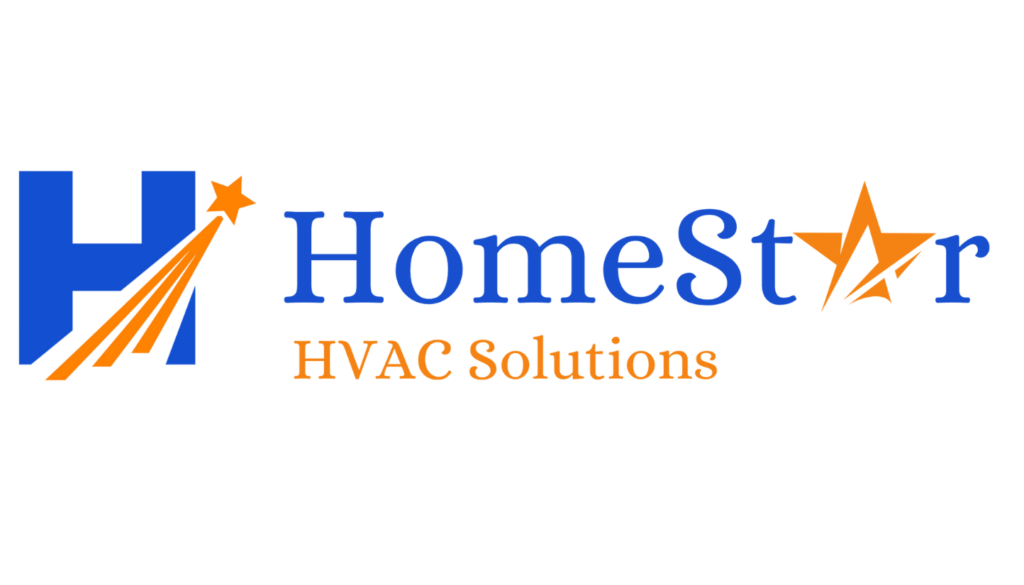Understanding the Basics of HVAC Systems
Heating, Ventilation, and Air Conditioning (HVAC) systems are essential for maintaining indoor comfort and ensuring energy efficiency in both residential and commercial settings. These systems comprise several key components, each designed to perform specific functions to regulate the indoor climate effectively.
The primary types of HVAC systems include split systems, packaged systems, and ductless mini-splits. Split systems are the most common, featuring separate units for heating and cooling. Typically, the air conditioner is placed outdoors, while the furnace is indoors. Packaged systems, on the other hand, house all components in a single outdoor unit, making them ideal for homes with limited indoor space. Ductless mini-splits, as the name suggests, do not require ductwork and are particularly useful for retrofitting older buildings or providing zoned heating and cooling.
Each component within an HVAC system plays a crucial role. The furnace is responsible for heating air and distributing it throughout the building via ductwork. The air conditioner extracts heat from indoor air and expels it outside, thereby cooling the interior. Heat pumps function similarly to air conditioners but can reverse their operation to provide heating as well. The ventilation system ensures a continuous supply of fresh air, removing stale air and maintaining indoor air quality.
A well-maintained HVAC system offers numerous benefits. Improved air quality is one of the foremost advantages, as efficient filtration systems can remove contaminants and allergens from the air. Energy efficiency is another critical benefit, as modern HVAC systems are designed to consume less energy, translating to lower utility bills. Overall comfort is significantly enhanced by a properly functioning HVAC system, as it can maintain consistent temperatures and humidity levels throughout the year.
Understanding the basics of HVAC systems is essential for appreciating their role in creating optimal indoor environments. Regular maintenance and timely upgrades can ensure that these systems continue to operate efficiently, providing comfort and savings for years to come.
Choosing the Right HVAC Solution for Your Needs
Selecting an appropriate HVAC system requires careful consideration of various factors to ensure optimal comfort and efficiency in your space. The size and layout of your space are critical determinants. A system that is too large may cycle on and off too frequently, reducing efficiency and increasing wear and tear. Conversely, a system that is too small will struggle to maintain the desired temperature, leading to higher energy consumption and discomfort.
Climate conditions also play a significant role in choosing the right HVAC solution. For example, areas with extreme temperatures might benefit from systems that offer both heating and cooling capabilities. Energy efficiency ratings, such as SEER (Seasonal Energy Efficiency Ratio) for air conditioners and AFUE (Annual Fuel Utilization Efficiency) for furnaces, are crucial indicators of a system’s performance. Opting for units with higher efficiency ratings can lead to significant long-term savings on energy bills.
Budget constraints are another essential factor. While high-efficiency systems may have a higher initial cost, they often result in lower operating costs over time. It’s important to weigh the initial investment against potential energy savings and maintenance expenses. Different types of HVAC systems, such as central air conditioning, ductless mini-splits, heat pumps, and furnaces, each come with their own set of advantages and disadvantages. For instance, ductless mini-splits are ideal for homes without existing ductwork, while heat pumps are known for their dual heating and cooling capabilities.
Working with HVAC professionals is imperative for the proper installation, maintenance, and repair of your system. Professionals can provide valuable insights into the most suitable options for your specific needs and ensure that the installation is performed correctly. Regular maintenance, such as cleaning filters and inspecting components, is essential for maintaining the efficiency and longevity of the system. Timely upgrades, such as replacing outdated units with more efficient models, can further enhance performance and reduce energy consumption.
In summary, choosing the right HVAC solution involves a comprehensive evaluation of your space, climate, energy efficiency, and budget. By understanding the different types of systems available and working with qualified professionals, you can ensure a comfortable and efficient environment in your home or business.
